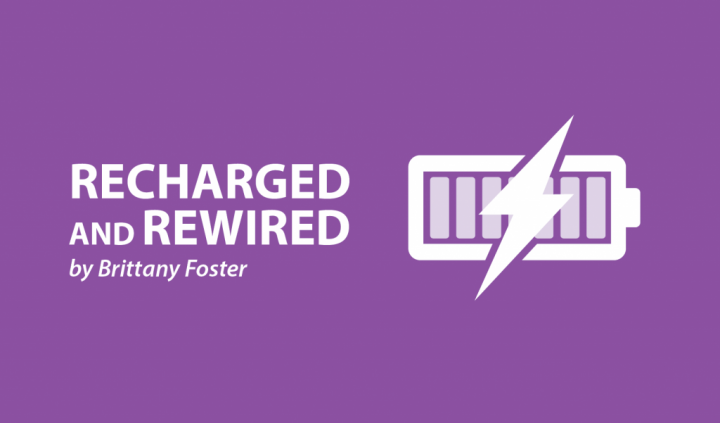Pain Makes Me Lose the ‘Real Me’ and I Don’t Like the Person I Become

My pain levels vary. Some days I feel “OK,” and I can go outside and enjoy myself. At other times, my pain levels are higher, and any activity leaves my body screaming by day’s end.
I have moments when the pain becomes all-consuming. This severe pain keeps me up at night and leaves me unable to rest. I rely on pain medications to bring some relief. I sometimes need to be hospitalized to have it managed effectively. I wouldn’t wish this pain on anyone, but unfortunately, it has become a large part of my life over the past few months.
This level of pain changes me. It takes every ounce of energy I have to prevent it from taking control of my body. Severe pain weakens me, and it affects my relationships and mental health. My body becomes unfamiliar, and without my support systems and my usually positive and rational mind, I don’t feel like me.
When I am in severe pain, my physical health declines. My immune system becomes weaker. I lose my appetite and as a consequence don’t get adequate nourishment. Higher pain levels increase my heart rate, and I become tachycardic. My blood pressure fluctuates between being too high, then too low. The headaches I get from this shift in blood pressure are unbearable. It’s difficult for some people to fully understand the stress that my body is under while I am in such discomfort.
Interested in PH research? Check out our forums and join the conversation!
The turmoil my body experiences due to pain can’t be seen by merely glancing at me. However, if someone were to look closely, they would see signs of my physical stress: my eyes are dull with dark circles underneath from lack of sleep, and my complexion is pale from being unable to go outdoors. Often others don’t know what I experience because I isolate myself when I’m feeling this way.
I tend to seclude myself when I’m in pain. I know that my personality changes when I’m under physical stress. I don’t like the person I become: I’m angry, hostile, defensive, and pessimistic. I think that others would not want to be around me.
Pain medication also affects my behavior. Although these treatments help to relieve some of my pain’s intensity, they make me tired, sluggish, and sometimes aggressive and mean. Keeping away from people feels like the “right” thing to do. But my self-imposed isolation leaves me stuck with my negative thoughts.
Pain affects my mental health and pulls me into a state of depression, hopelessness, and despair. This person is far from the “real me” who tries to remain positive, optimistic, hopeful, and encouraging. I try to shelter others from the person I become when I’m in pain, but protecting others ends up hurting me because this is when I am in most need of their support.
I believe that pain is the hardest part of managing chronic illness. It changes who I am, diminishes my physical abilities, erodes my mental health, and challenges my relationships. I find it difficult to see the changes that happen in my life because of it. Becoming more aware of the “me” in pain helps me to better explain it to those who love and care about me. My body and my mind deserve support, especially on the days when I cannot help myself.
***
Note: Pulmonary Hypertension News is strictly a news and information website about the disease. It does not provide medical advice, diagnosis, or treatment. This content is not intended to be a substitute for professional medical advice, diagnosis, or treatment. Always seek the advice of your physician or other qualified health provider with any questions you may have regarding a medical condition. Never disregard professional medical advice or delay in seeking it because of something you have read on this website. The opinions expressed in this column are not those of Pulmonary Hypertension News or its parent company, Bionews Services, and are intended to spark discussion about issues pertaining to pulmonary hypertension.








Randy Reynolds
This is a hard confession to read but I understand. How do we manage to keep going? Brittany is an extraordinary woman. Blessings upon her.
Brittany Foster
Thank you so much for your kindness, Randy ! I love being able to connect with you on the forums. This definitely was hard for me to write but I know that others can relate to the pain that I went through. I hope there comes a day when people don't have to experience this level of pain.
christine brown
Thank you Brittany, for your eloquently expressed narrative.
May I ask what kind of pain you experience? You mentioned headaches (which I suffer from - like a hammer smashing). Do you have chest pain, all over body pain?
Thank you in advance!